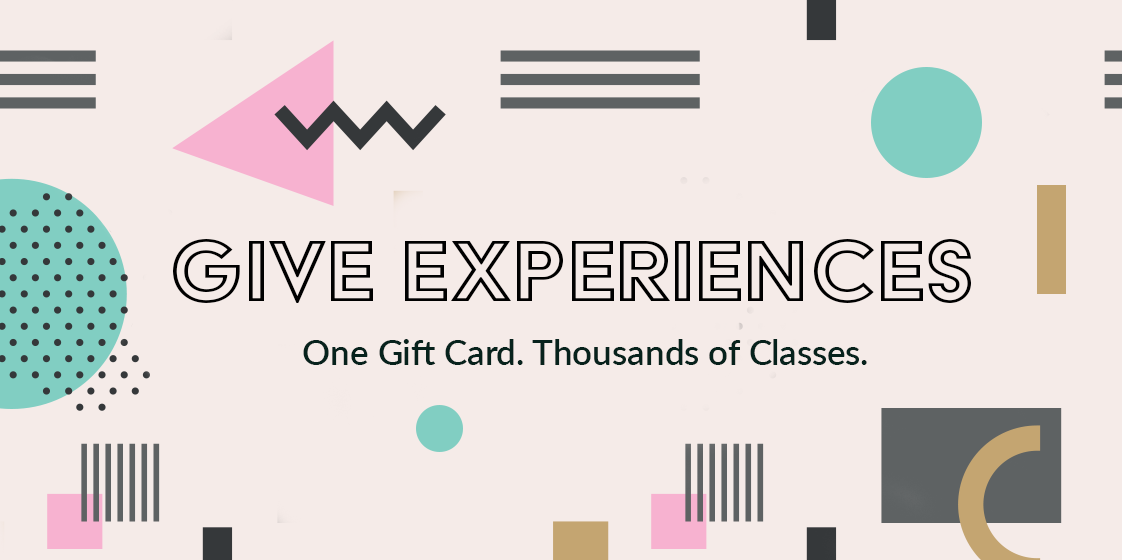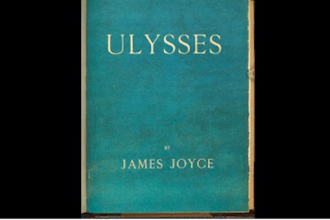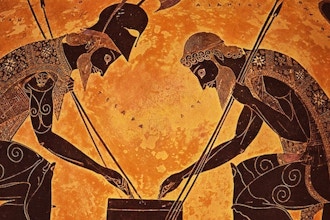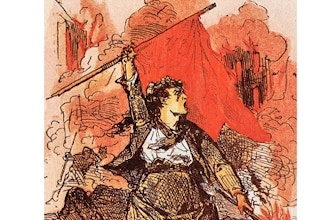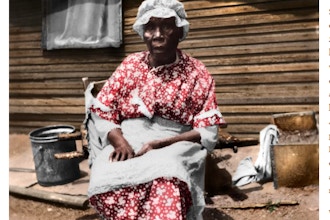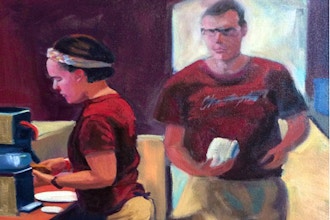Discover the Best History Classes Online
No one has to stop learning after they graduate. Adults pursuing their GED or who want to learn more about a particular period in time have access to a wide range of history-based courses thanks to the proliferation of the Internet. Even students who want to access supplementary materials can use today’s wealth of online history courses to better understand the goings-on of yesteryear.
That said, which of the courses in the vast catalog of online history classes rank among the best? The truth is that the answer varies depending on the lessons a person wants to learn. That said, interested parties can browse this list of some of the best history classes online to see what kind of history courses they can participate in from the comfort of their homes.
Why You Should Learn History Online
There are several benefits to learning history online. The convenience of these online courses is just the start. Busy professionals and students alike can access today’s online history courses from anywhere in the world and often at any time, making it easier than ever for interested parties to gain access to expert opinions on their areas of interest.
What’s more, today’s online history courses promote a sense of community between participants. Even though these courses lack an in-person touch, participants can still discuss lessons with one another courtesy of classroom Slacks and online forums. Intercommunication helps course participants stay in touch after a class concludes, meaning that students can continue to learn together.
In this way, the accessibility of today’s online history courses promotes a sense of community while encouraging participants to continue learning about the historical events, movements, and themes that interest them the most.
Virtual History Classes
Some of the most notable virtual history classes available to interested parties include the following:
Ancient Masterpieces of World Literature - Harvard University,
History and literature tend to go hand-in-hand. Harvard University thinks so, too. That’s why one of the most famous American institutions offers its “Ancient Masterpieces of World Literature” online for students around the world to enjoy.
This course runs for six weeks and lets students participate in relevant lessons at their own pace. The course’s instructors recommend that students engage with up to six hours of course material per week. The course comes free of charge, though students can engage with additional materials if they pay a little extra. The $159 Verified Track gives students access to graded assignments and exams as well as a shareable certification upon their completion of the course.
Participants have the chance to learn about how certain pieces of literature from cultures all around the world represent those cultures’ identities, particularly at the moment when those pieces of literature were initially released. The course also teaches students how to productively engage with literary works from different cultures.
The course’s instructors include Harvard’s David Damrosch and Martin Puchner. This course does not take place live but instead consists of pre-recorded lessons that students can access as the course progresses.
American Policing: History, Politics, and Society, Brooklyn Institute for Social Research
The public’s opinion of the police has significantly transformed over the past several decades, and often in ways that the average person might not anticipate. Instructor Patrick Blanchfield, working through the Brooklyn Institute for Social Research, has made a point to investigate this transition alongside today’s students of history. Curious minds can now join Instructor Blanchfield as he outlines that transformation in his course, “American Policing: History, Politics, and Society.”
This course runs for four weeks and most often takes place on Sunday afternoons. Students can expect to spend three hours diving into police-oriented literature produced by minds like Jennifer Wang, Alex Vitale, and Naomi Murakawa. The course costs $335 to join and offers a waiting list once full. The course also runs on Eastern Standard Time, meaning that students should prepare their schedules accordingly if they want to participate.
History of Photography: Postmodernism - Chicago Botanic Garden -
What is postmodernism, and how does it make itself known in photography? These are the questions that the Chicago Botanic Garden wants to explore in more detail. The institution’s instructors offer its “History of Photography: Postmodernism” in an effort to encourage today’s students of history to think critically about the postmodernism movement and its impact on historical records.
Chicago Botanic Gardens offers its “History of Photography: Postmodernism” course for $499. The course takes place over six sessions, all of which typically run for three hours at a time. Students can expect to participate in the program via Zoom.
The institution tends to cap its class sizes at 12 students, allowing for creature instructor-to-student interaction. The latest iteration of “History of Photography: Postmodernism” sees Dianne Kittle at its helm. Incoming students must be 18 years old or older to register for this course.
The Cosmopolitan Medieval Arabic World, Universiteit Leiden and Coursera
Professor Petra Sijpesteijn teaches “The Cosmopolitan Medieval Arabic World” through the Universiteit Leiden and Coursera. Both institutions make this course available to students all around the world for no cost. The course is open to beginners and does not require students to have any pre-existing knowledge of the study of history, let alone the medieval Arabic world before they participate.
The course runs for three weeks, with students attending class for eight hours a day, though students can dictate which hours they spend in class. The course discusses trade between the Arabic Medieval world and the surrounding empires. Students should expect to complete 14 assignments and take one quiz to test their overall knowledge. At the end of the course, students can share a certificate of completion through their LinkedIn profiles.
Private Online Group History Classes
Parties interested in private online history classes can register for any of the following programs:
History Lessons, Academic Tutoring, TakeLessons
The private history lessons offered through TakeLessons and Microsoft tend to work best when paired with a history program or course. That said, students can also reach out to TakeLessons’ instructors to begin an independent study into the field that they’re interested in.
This platform pairs students with professionals who serve as experts in their chosen fields. There is no set course schedule. Instead, students can select an instructor from TakeLessons’ roster and set their own tutoring schedule.
The cost of each tutor varies on their area of expertise and amount of professional experience. Students can choose to work with an instructor whose area of study they admire and whose fees they can afford.
Virtual Pasta: Ravioli Workshop
What do food and history have in common? More than the average student might think. Today’s virtual cooking workshops can teach modern students about the history of a culture and food product while engaging senses that a traditional course can’t. That’s the value of a private online group history course like “Virtual Pasta: Ravioli Workshop.”
This course takes place on Zoom and runs for 90 minutes. The instructors available through CourseHorse Experiences can teach up to 100 students about the history of ravioli and the process that goes into making this popular pasta dish.
The course costs $100 per person. Students can register for the course individually or as part of a group at any time, any day of the week. The course’s instructors partner with Global Grub to provide students with the ingredients they need to create the ravioli and its sauces. That said, instructors expect students to bring their own rolling pins, baking sheets, and assorted kitchen materials to the course with them.
Students can even customize the course for an additional $150 charge. This customization process allows students to learn more about particular pastas and their histories.
Online vs. In-Person History Classes
How can today’s history students choose between online courses and their in-person alternatives? The answer to that question is multi-faceted. To start, many online history programs are more budget-friendly than their in-person alternatives. Professionals or students who want to advance their education without breaking the bank can use online courses to improve their understanding of history while taking on as little financial stress as possible.
Online history courses also tend to be more flexible than their in-person alternatives. Even if these courses take place at the same time on specific days, attendees can sign into their class of choice from the road, the comfort of their home, or wherever they happen to be in the world. This flexibility, paired with the lack of a commute, can make online history courses ideal for travelers.
That said, there are course elements that online history courses lack. In-person history classes tend to put students in contact with their like-minded peers. Students graduating from in-person history courses can keep in touch with their fellow participants and create a community based on their shared interests. While online programs can connect students via Slack or forums, some students may find those digital options lacking.
With all that in mind, the difference in value between online and in-person history classes really depends on the student. That’s why each student considering taking a history course should consider their schedule, learning style, and desire for collaboration before registering for an applicable course.
Can I Learn History for Free Online?
Interested parties can learn history online free of charge. Programs like CrashCourse and A Taste of History make comprehensive and accessible lessons on historical moments available free of charge through platforms like YouTube. The accessibility of these programs makes them ideal for busy professionals or students who don’t want to commit to a course but still want to develop a better understanding of an interesting historical moment.
That said, parties who really want to advance their understanding of historical themes and events often find paid online or in-person courses more effective at imparting their lessons than free online alternatives. Virtual courses that put students in touch with a historical expert specifically give interested participants to ask questions about complex topics that might otherwise go unaddressed in free courses.




